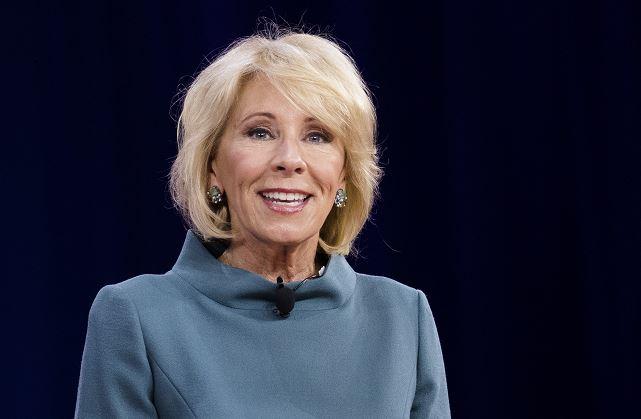Schools will no longer have to investigate certain sexual harassment allegations in order to maintain their federal funding.
Starting Aug. 14, new Department of Education (DOE) rules will come into effect changing the definition of sexual harassment under Title IX of the Education Amendments of 1972.





